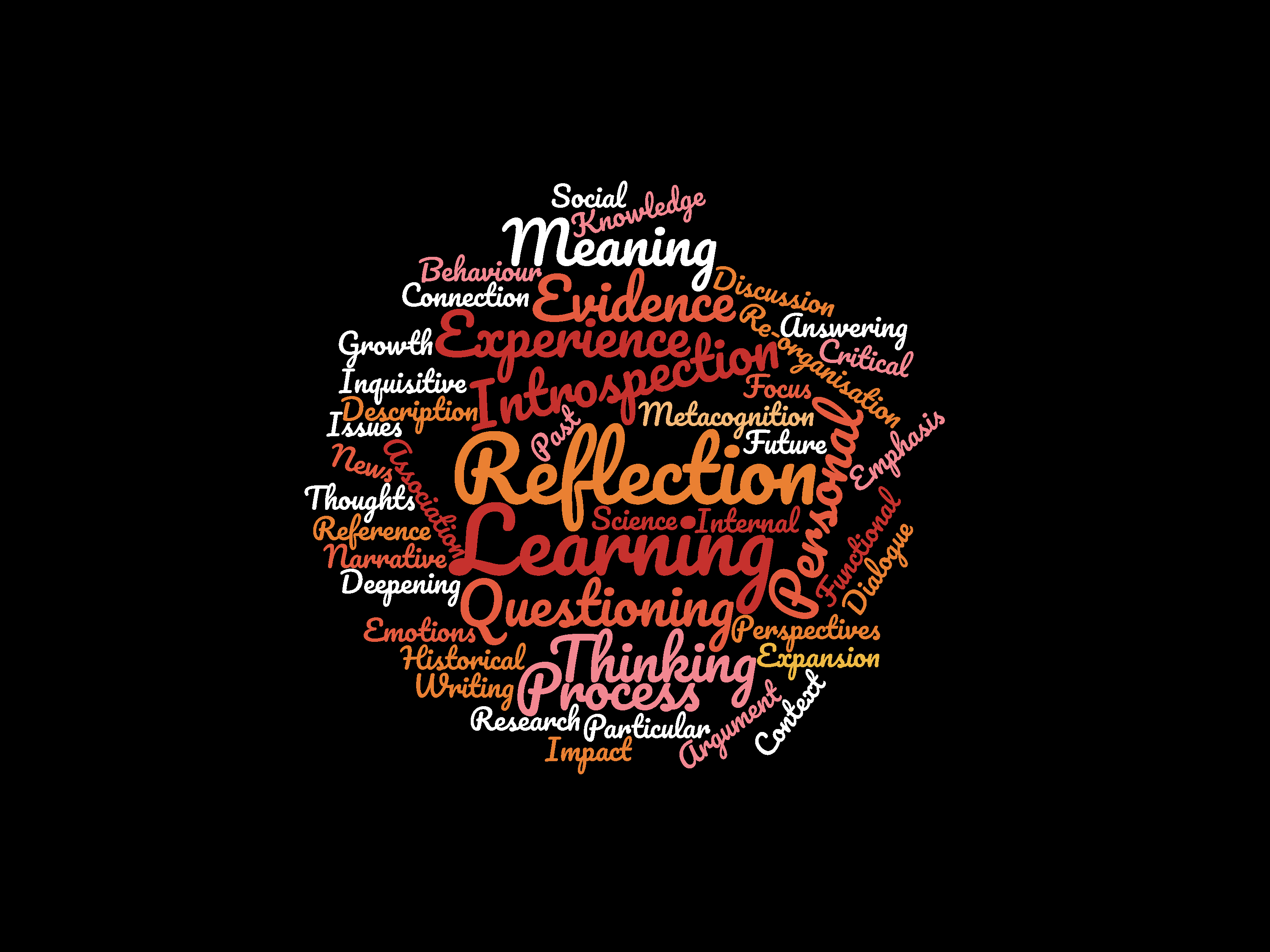
Module description
These are only some of the questions we will address: Why do people indulge in magical thinking? What happens in our brains during hypnosis and meditation? How easy is it to implant a false memory? How powerful is the effect of an inert drug when we believe it does have a healing action? We will first set out the levels of interpretations, the lens through which we will discuss mind, brain, and behavioural correlates of suggestion- and belief-laden phenomena. You will be asked to reflect on the learning material by creating connections between the different themes, everyday life, and other aspects of social life, including your own experience. This integrative approach will aim to spark comprehensive understanding of the general mechanisms governing the human mind. Your active role and reflective approach to learning will contribute to a transformative learning experience and personal growth, whether you believe it or not!
There is no textbook; you will be expected to read several journal articles that report empirical research and theoretical discussion in the field. You will be asked to reflect on and critically assess the science of belief and suggestion, demonstrating understanding of the relations between theory, method, and evidence. In addition, you will be welcome to meeting teaching staff in one-to-one sessions to further discuss the literature and plan extra-reading
Module aims
Researchers have long known that prior knowledge in the form of expectations and beliefs influences cognitions and behaviours. The aim of this module is to give a general understanding of how humans are influenced or self-influence their perception, memory, reasoning, and behaviour based on their prior knowledge and information they are provided with. Being a very general and complex topic, the module will harness the discussion on specific areas of enquiry as to provide the student with the best examples of psychological and neurological processes associated with suggestions and beliefs. The focus will be on those phenomena that have robust empirical evidence and that have daily-life relevance and impact on our society.
Thus, the goal of this module is to increase students’ awareness and understanding of how suggestions and beliefs affect us and encourage critical thinking on empirical research as well as extending reflection on their personal life. The achievement of this goal will eventually increase students’ comprehension of human behaviour.
- Module Supervisor: Elia Valentini